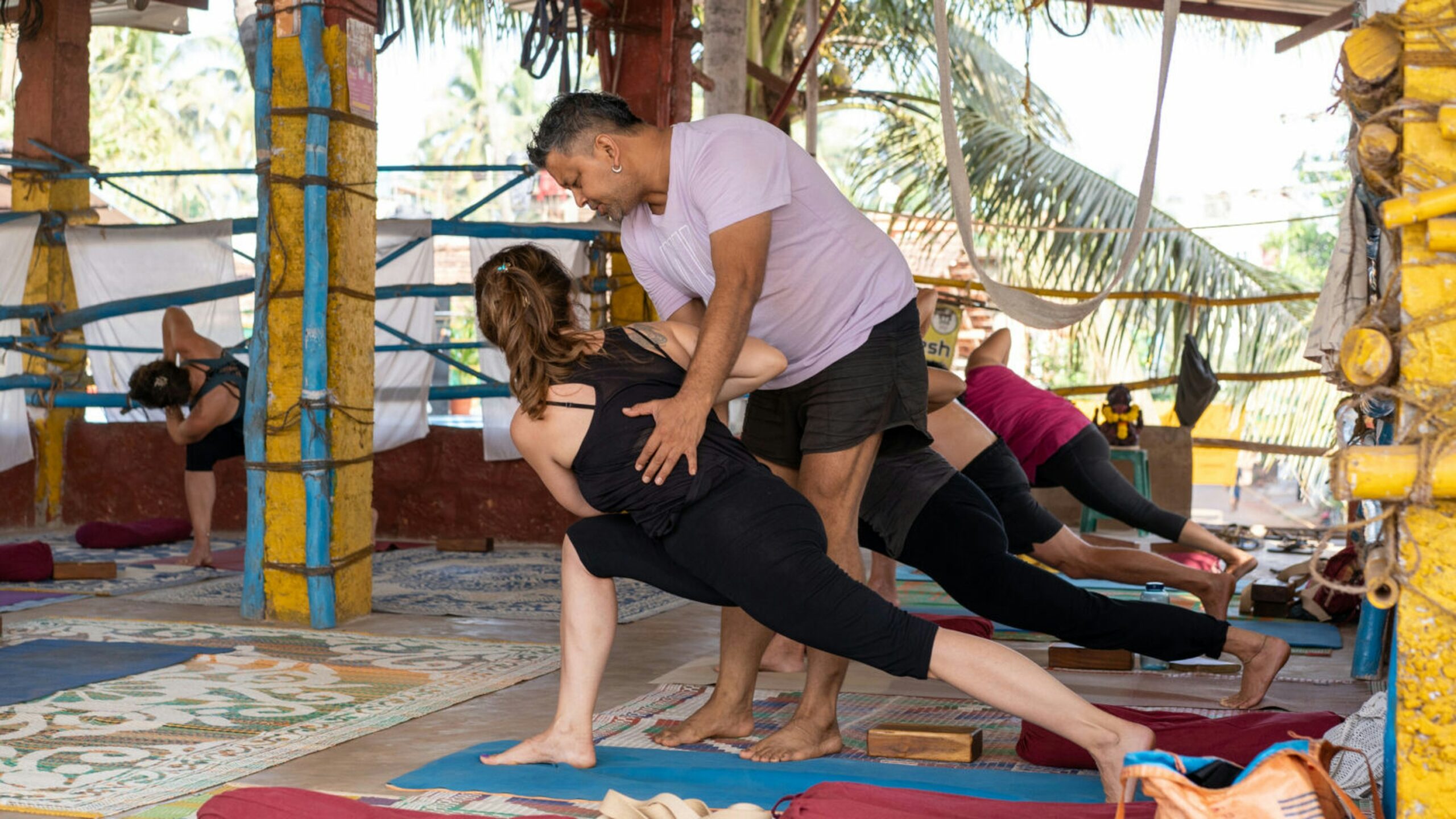
Yoga is an ancient form of exercise that focuses on strength, flexibility, and breathing techniques to promote overall physical and mental health, according to the UK’s National Health Service (NHS).
The practice consists of a series of movements designed to enhance strength, flexibility, and breathing, making it a highly beneficial form of meditative exercise.
Yoga originated in India around 5,000 years ago, and has since been adapted in different ways in different countries.
Today, it is practiced all over the world, with each region incorporating its own unique elements.
Most medical studies confirm that practicing yoga is a safe and effective way to promote physical activity, especially when it comes to improving strength, flexibility, and balance.
There is also some evidence that practicing yoga may be beneficial for individuals with conditions such as high blood pressure, heart disease, lower back pain, depression, and stress.
While yoga can offer significant health benefits, it’s important to avoid overestimating its effects.
Complementary medicine complements medical treatments, but it doesn’t replace professional medical care, whether it’s medication, therapy, or surgery.
Yoga also plays a role in preventing falls, especially in older adults. By improving balance and strengthening the lower body, especially the ankles and knees, yoga can help reduce the risk of falling.
Many people start practicing yoga in their 70s, and there are specialized yoga classes for all age groups.
While yoga-related injuries are rare, they can occur due to repetitive stress or over-stretching. There are many different styles of yoga, such as Ashtanga, Iyengar, and Sivananda, and some are more physically demanding than others.
It’s recommended that you practice yoga under the supervision of a certified instructor to reduce your risk of injury. If you are older or have pre-existing medical conditions, it is advisable to consult your doctor before starting yoga.
One of the most important benefits of yoga is that it is based on a holistic approach to well-being, as practicing it regularly can improve flexibility, improve posture, and increase muscle strength.
It also promotes cardiovascular health and can improve breathing efficiency through breathing exercises.
On a mental level, yoga promotes relaxation and helps manage stress by calming the mind and increasing alertness.
In addition, yoga encourages self-awareness and emotional balance, which helps practitioners deal more effectively with anxiety, depression, and other mental health challenges.
Over time, practicing yoga regularly can lead to a greater sense of inner peace, vitality, and overall quality of life.
